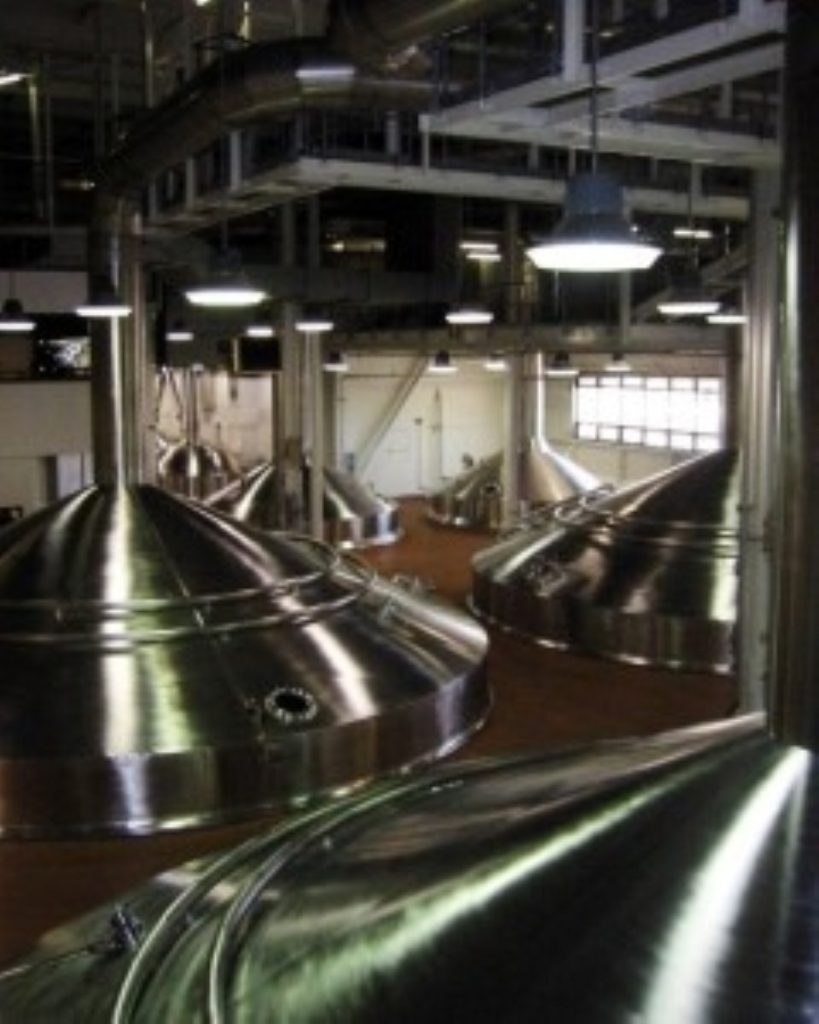Manufacturing concerned by rate rise
Unions and manufacturing groups have greeted today’s base rate rise with concern.
At lunchtime the Bank of England’s Monetary Policy Committee (MPC) decided to raise base rate to 4.75 per cent, the highest rate since September 2001. Last July the base rate stood at 3.5 per cent.
Announcing the rise the MPC said that with strong growth and rising inflationary pressures a rate rise was necessary to keep inflation on track. It signalled that concerns over the housing market may be easing, as well as suggesting “the growth of consumption may be moderating.”
Though the rise was well signalled and generally accepted by economists, some manufacturers have expressed concerns that the industry will be hit.


The general secretary of the T&G, Tony Woodley, said that today’s decision was disappointing. Mr Woodley said: “In a week where manufacturing has shown its strongest performance for nearly a decade, today’s decision to raise interest rates is untimely and unwelcome.
“Industry’s recovery risks being stalled before continued growth can be sustained.”
His sentiments were echoed by the Scottish Trade Union Congress who said: “Enough is enough”. General secretary Bill Speirs warned that the cumulative effect of interest rate rises would impact on Scottish manufacturing jobs.
He said: “There is evidence that the housing market is beginning to slow and inflation remains below the MPC’s two per cent target.
“In this context, the priority should be to create conditions for sustainable manufacturing growth and job creation in the sector.
“Although there are grounds for cautious optimism for Scottish manufacturing, the rise in Scottish GDP for the last quarter was disappointing. The latest CBI quarterly survey finds manufacturers predicting further job-shedding in the next three months.”
The Confederation of British Industry (CBI), however, said that they recognised the need for an increase. Its chief economic advisor, Ian McCafferty, said: “The Bank’s steady strategy of gradual, well-signalled rises minimises the risk of collateral damage to our exporters and avoids unnecessary shocks.
“The UK economy is running at close to full capacity, with five consecutive quarters of strong growth. This means that rates are likely to have to rise further in coming months to reach a neutral interest rate of around five per cent.
“The continuation of the MPC’s steady approach provides the economic stability that firms need and is the best way to ensure that interest rates peak at the lowest possible level.”












